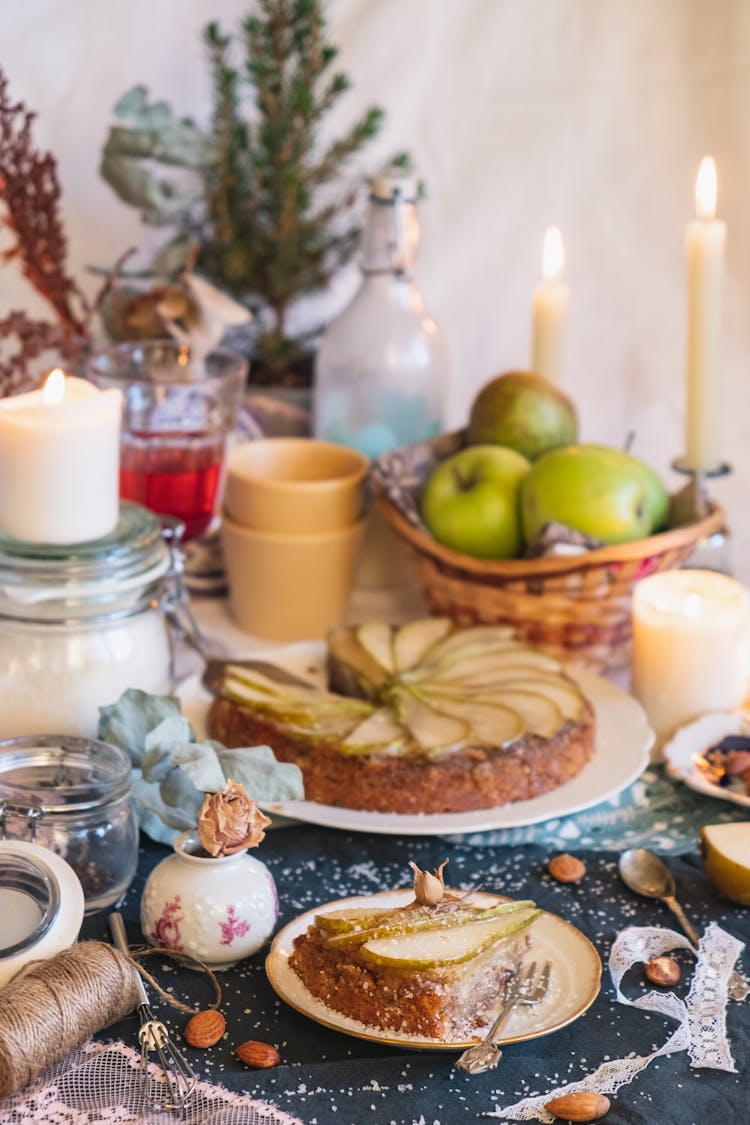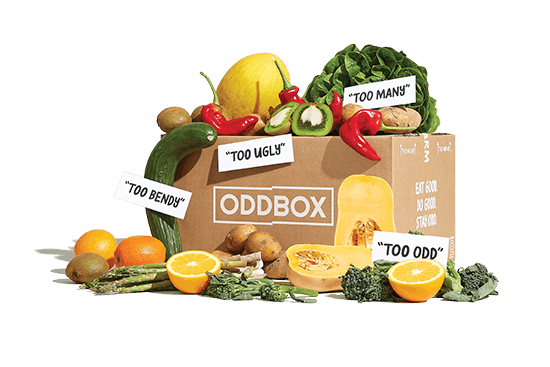How to plan a zero waste Christmas meal
You've finally got this food waste thing cracked. You plan your meals for the week to make sure you'll cook with every vegetable. You resist special offers in the supermarket that encourage you to buy too much. Monday and Thursday dinners are now "leftovers nights".

And then the festive season arrives, disrupting all of your habits and routines. You want to make sure none of your guests feel hungry on Christmas day, so you get extra food "just in case". Last-minute Christmas social plans come calling, and you end up eating out more often than you expected.
How much food is wasted at Christmas?
Christmas is prime time for wasting food.
In 2014, according to Unilever, 4.2 million Christmas dinners were wasted across the UK. That amount of food is the same as 17.2 million Brussels sprouts, 11.3 million roast potatoes or 7.5 million mince pies.
5 tips for planning a zero waste Christmas meal
Don't despair, there are plenty of steps you can take to reduce Christmas food waste. They just require a little prep, observation and planning.
Make space in your fridge, cupboard and freezer
If you don't have enough space to store food effectively after the "big Christmas shop", you might miss what needs eating first and forget about some of the leftovers later on.
Organise your fridge the week before you stock up for Christmas and eat through what's in the fridge and freezer. Make sure you have enough space in your cupboard for your favourite Christmas treats. With an emptier kitchen, you'll be able to clearly see the food and drinks you have. And come Boxing day you won't be overwhelmed with extra leftovers to make use of.
Simplify your menu
When faced with planning a Christmas meal for more people than we usually feed, most of us tend to overbuy. We're worried not everyone will like what's on their plate, or that we'll run out of food before the day ends. But once Christmas day is over, extra Brussels sprouts and the least popular Quality Street flavour pile high.
Focus on one main dish for Christmas dinner. Choose a few veggies to make special, with different herbs and sauces. Only offer a few snacks and chocolates. By keeping your low waste Christmas menu as simple as possible, you'll have less shopping and cooking to contend with. That's a Christmas gift to yourself.
Prioritise food storage correctly
With extra food and drink fighting for space in the fridge, give more attention to what you're placing where. After you get home from a food shop, or when you receive your Oddbox box, put time aside to store your food optimally.
Give priority to fresh food over sealed sauces and jars, drinks and root vegetables, which can survive for a few days at room temperature. Store some ice in trays in the freezer. Late on Christmas morning, fill a drinks bin with ice and place bottles of booze or sweet drinks inside it to chill. Guests can dip into it to pour themselves drinks throughout the day.
Consider how you'll serve Christmas food
One of your guests is eyeing up leftover roast potatoes on Christmas evening. But they've been sitting at room temperature for hours and they're not willing to chance eating them. A family member isn't very hungry (or a fan of roast parsnips) but they weren't sure how to tell you when you were serving up. They'll leave half of their plate, destined for the bin.
Avoid food waste at Christmas dinner by getting everyone to serve themselves as much or as little as they like. After eating, get leftovers into the fridge and freezer straight away. Grab perishable desserts or snacks out of the fridge only as and when you need them. You can always replenish empty bowls.
Love your leftovers
Christmas meal leftovers may be inevitable. But you can still plan for them. When doing your last Christmas shop, buy a few ingredients to make using the leftovers easier. Getting eggs in will allow you to make omelettes with fried leftover veggies. Bread will give you Boxing day sandwiches with any filling - cranberry and stuffing, anyone?

